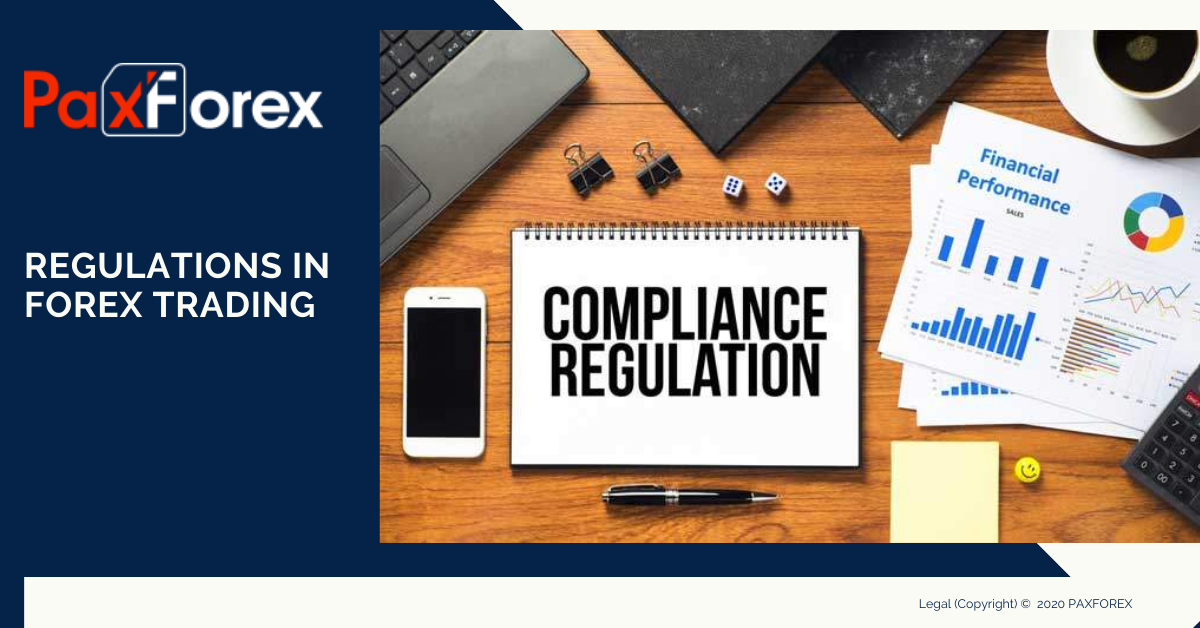
Forex trading run non-stop across the globe through over the counter markets and speculative trading in the retail forex market continues to grow with . As a result, there can be intermediaries (like banks or brokers) who engage in financial irregularities, scams, exorbitant charges, hidden fees, high-risk exposure offered through high-leverage levels, or other bad practices. One of the most important criteria for alt the new and exiting traders when selecting a forex broker should be the regulatory approval status of the broker and which authority governs the broker.
Forex market is decentralized and there is no central agency that controls the market. However, there are several government and independent agencies that supervise the working of these markets. These regulations are meant to have proper processes for smooth running and to avoid the scams and unethical practices to protect the investors. These regulatory agencies are country or economic zone dependent and could be governmental or independent.
Foreign exchange regulation is a form of financial regulation specifically aimed at the forex market which is decentralized and operates with no central exchange or clearing house. Due to its decentralized and global nature foreign exchange market has been more prone to foreign exchange fraud and has been less regulated than other financial markets. However some countries do regulate forex brokers through governmental and independent supervisory bodies, for example the National Futures Association and the Commodity Futures Trading Commission in the US, the Australian Securities and Investments Commission in Australia and the Financial Conduct Authority in the UK.
Regulation typically requires brokerages to keep client funds separated from the firm’s operating capital, this prevents rogue firms from embezzling client money or using client funds to pay operating costs. Many unregulated brokerages don’t undertake basic measures to protect client funds and often do not comply with this simple rule. In these cases, clients can experience delays in obtaining their withdrawals. If choosing the most suitable broker for you, it is therefore highly recommended to opt for a broker with regulated status.
Financial regulations require a fine balancing act, with constant room for changes as markets develop. Too little regulation may lead to ineffective investor protection. While too much regulation can result in lost global competitiveness and reduced economic activity. Nevertheless, even regulated and well-established companies sometimes get caught engaging in fraudulent behavior. Accordingly, make sure to double check a broker's credentials, policies, reputation and business standing before committing any of your hard earned funds to an account with them.







